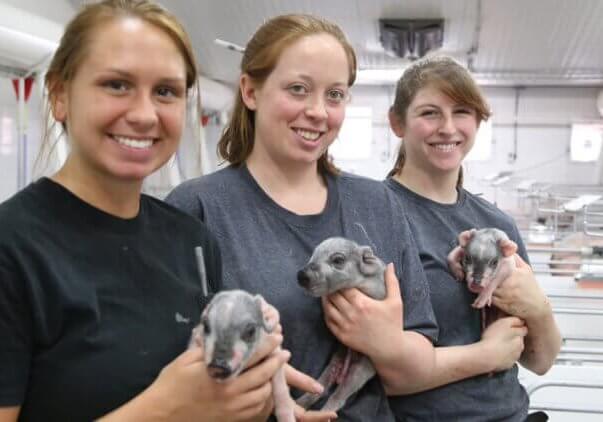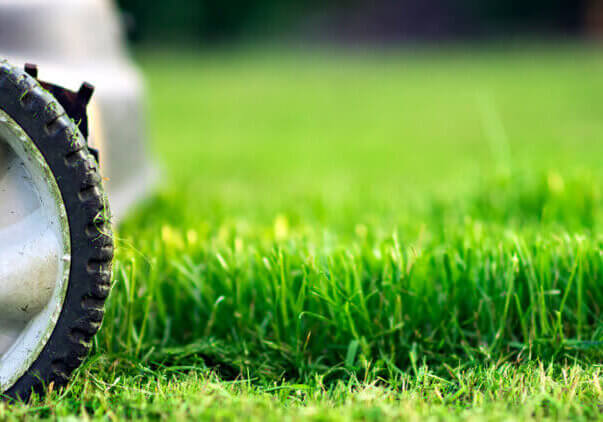"D
airy farmers work tirelessly every day--not only to feed their own families but to feed yours as well…Producing milk for the world promotes good nutrition, creates sources of income and increases food security,” explained Kylei Klein, a senior studying agricultural education at Purdue. “I’m amazed when I think about how farmers are willing to work that hard for me when they don’t even know who I am.”
Klein’s interest in dairy farming has persisted for as long as she can remember, thanks in part to time spent at her grandparents’ farm. “I’ve been helping there ever since I’ve been able to hold a bucket without falling over,” she recalled.
“The Dairy Club is where I found my family at Purdue. It’s been an amazing experience, not just because I’m passionate about dairy. The people genuinely want to make a difference. To not only help and educate our members but the community around us.”
The club works with organizations like FFA, 4-H and College Mentors for Kids, a program that invites students to campus after school. Klein and her colleagues open conversations through lighthearted activities, such as making ice cream.
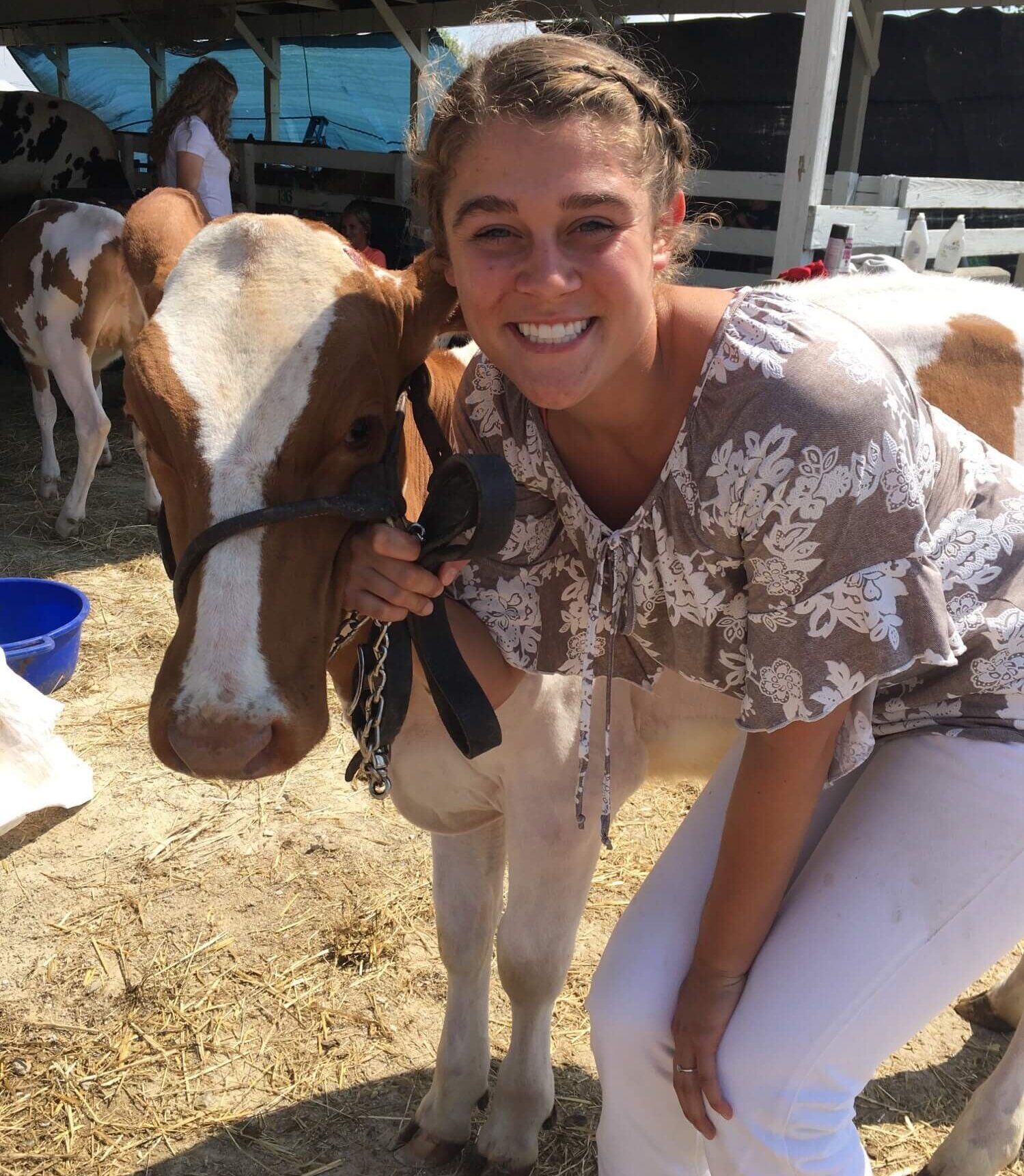
Klein’s interest in dairy farming has persisted for as long as she can remember, thanks in part to time spent at her grandparents’ farm. “I’ve been helping there ever since I’ve been able to hold a bucket without falling over,” she recalled.
“The Dairy Club is where I found my family at Purdue. It’s been an amazing experience, not just because I’m passionate about dairy. The people genuinely want to make a difference. To not only help and educate our members but the community around us.”
The club works with organizations like FFA, 4-H and College Mentors for Kids, a program that invites students to campus after school. Klein and her colleagues open conversations through lighthearted activities, such as making ice cream.

“It’s important to start those connections at a young age, and I think the best way to do that is through sweet treats,” said Klein. “I get to talk about cows while giving students ice cream. Who doesn’t love that?”
“One thing I want to make sure we help people understand is that dairy farmers love what they do and they love their animals,” shared Klein. “On our farm, our cows are our top priority. They get fed every morning before we get breakfast and every night before we have dinner. They are part of our family.”
Entering her senior year, Klein has given much thought to how she might continue her work in the industry. “I want the opportunity to make somebody smile every day in my job. I want the chance to leave the world a little better than it was before I got here. And I want to educate and advocate for the dairy industry. However I get to do that, I’m excited to give it a try.”
Easy Homemade Ice Cream in
5 Ingredients and 5 Steps
Ingredients:
- Milk 1 cup
- Vanilla 1 tsp.
- Sugar 2 tbsp.
- Ice (at least 4 cups)
- Salt ¼ cup (Rock salt may improve results)
You’ll also need:
- 2 Plastic bags (1 large, 1 small)
- Measuring cups
- Measuring spoons
Instructions:
- Combine milk, sugar and vanilla in the smaller bag.
- Seal the bag, removing as much air as possible.
- Combine ice and salt in the larger bag, then place the smaller bag inside.
- Shake the bag for 3-5 minutes, or longer if necessary
Enjoy!
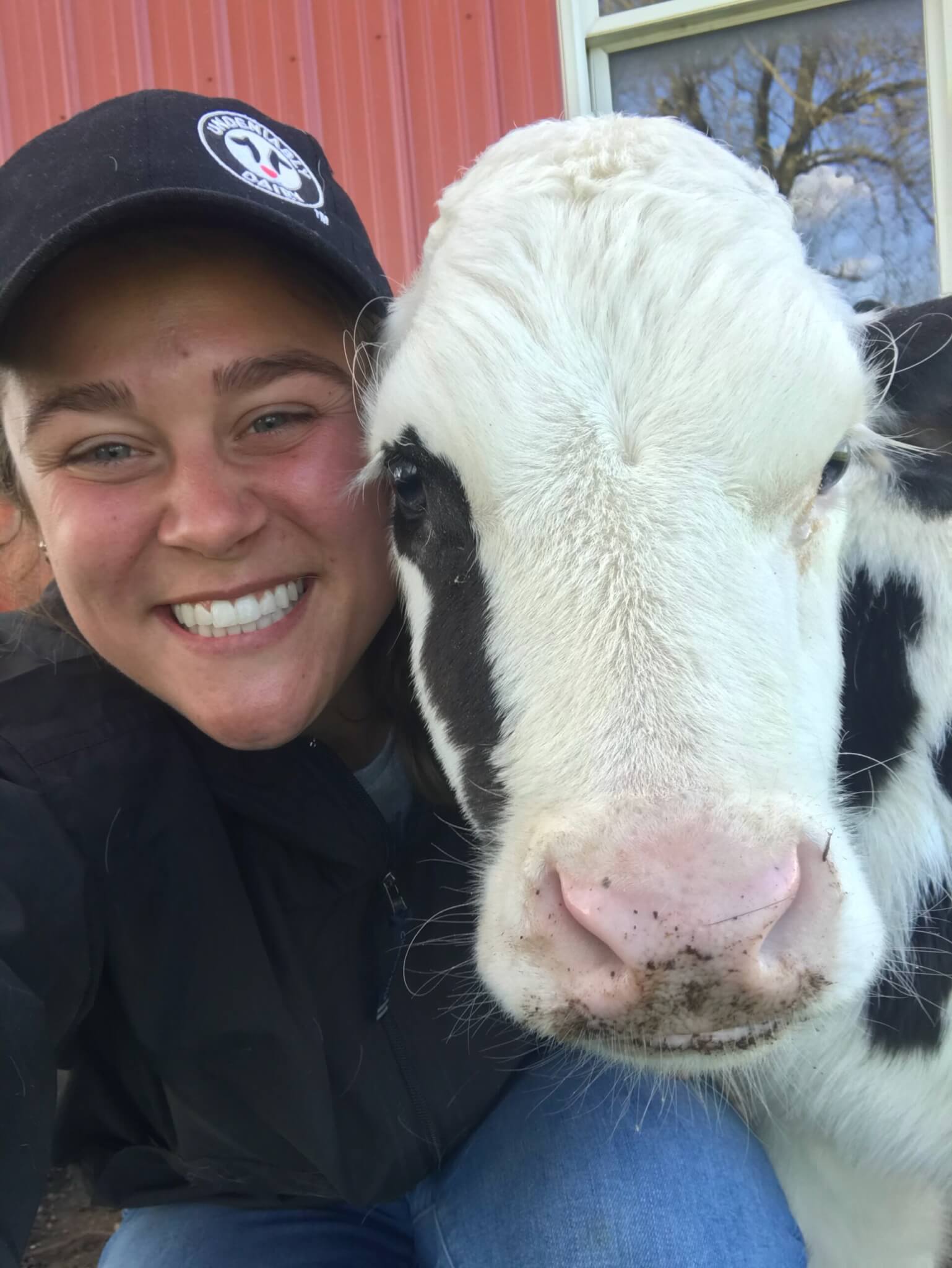
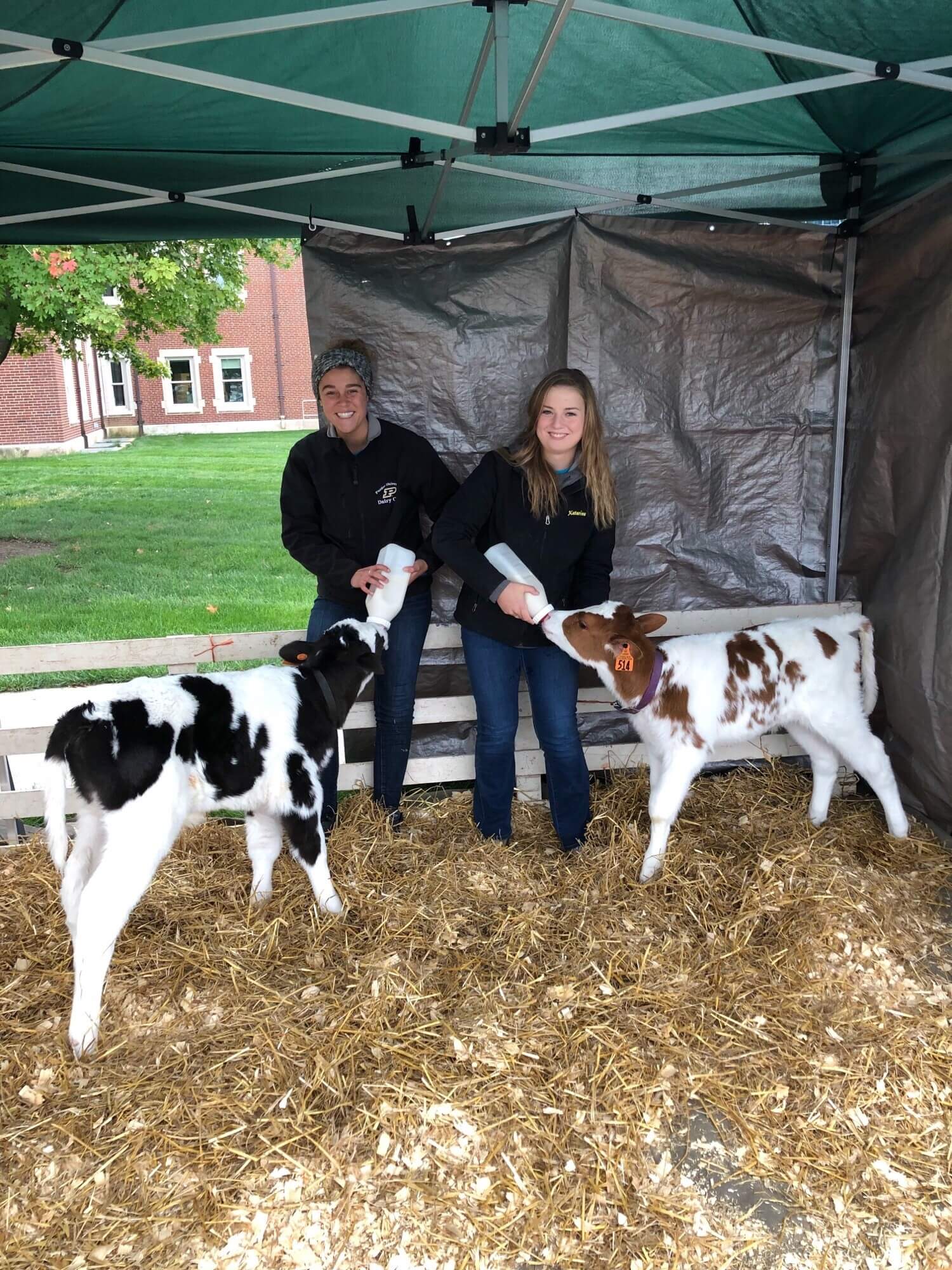
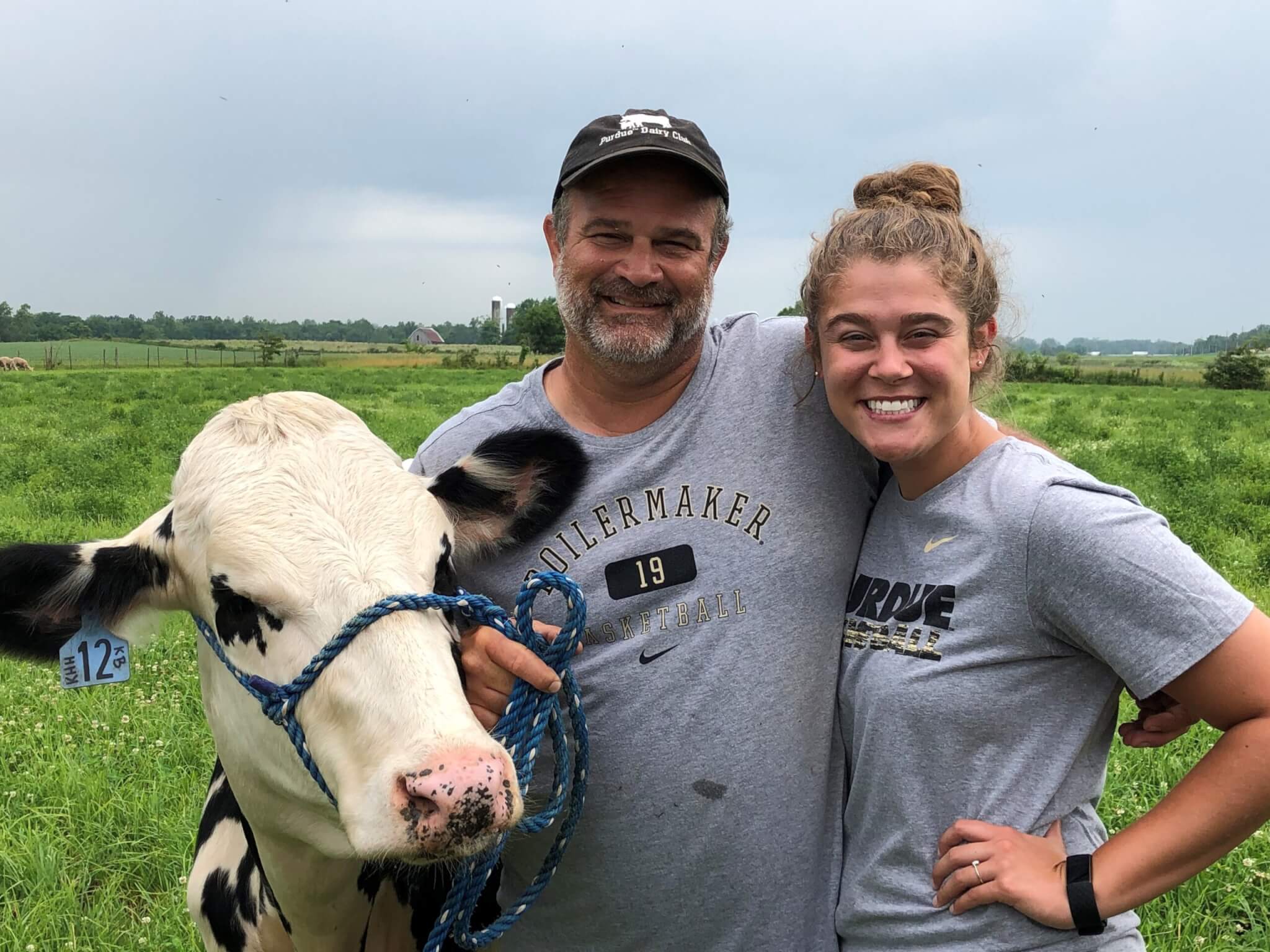
What you need to know to start your own pollinator garden
Bats, beetles, flies, moths, birds, butterflies and bees: can you guess what all these have in common?
They can all be pollinators and, in many parts of the country, including the Midwest, their populations are under threat. Increased urbanization, use of pesticides, global warming and many other factors have severely diminished pollinator populations throughout North America.
Read Full Story >>>Agritourism offers safe summer fun during COVID-19
By day, Marshall Martin is a professor of agricultural economics, the senior associate director of agricultural research and graduate education and assistant dean in the College of Agriculture. In the evenings, he’s known to many customers as just the “blueberry man.”
While much at Martin Acres LLC, the West Lafayette farm he manages with his wife, Berdine, remains the same this year, they are taking precautions due to COVID-19. Martin is basing these necessary safety adjustments on guidelines for U-pick operations published by Purdue Extension.
Read Full Story >>>Horticulture professor shares essential advice for a healthy lawn
“Plants don’t know COVID-19 is here,” said Cale Bigelow, a professor of horticulture at Purdue University. “They don’t know if it’s a weekend or holiday. They’ve still got to be taken care of.”
With Americans spending more time at home, Bigelow sees an opportunity for homeowners to tackle postponed lawn care projects and get their yards in top shape. Bigelow shared his advice on how to have a healthy lawn.
Read Full Story >>>What you need to know to start your own pollinator garden
Bats, beetles, flies, moths, birds, butterflies and bees: can you guess what all these have in common?
They can all be pollinators and, in many parts of the country, including the Midwest, their populations are under threat. Increased urbanization, use of pesticides, global warming and many other factors have severely diminished pollinator populations throughout North America.
Read Full Story >>>Agritourism offers safe summer fun during COVID-19
By day, Marshall Martin is a professor of agricultural economics, the senior associate director of agricultural research and graduate education and assistant dean in the College of Agriculture. In the evenings, he’s known to many customers as just the “blueberry man.”
While much at Martin Acres LLC, the West Lafayette farm he manages with his wife, Berdine, remains the same this year, they are taking precautions due to COVID-19. Martin is basing these necessary safety adjustments on guidelines for U-pick operations published by Purdue Extension.
Read Full Story >>>Horticulture professor shares essential advice for a healthy lawn
“Plants don’t know COVID-19 is here,” said Cale Bigelow, a professor of horticulture at Purdue University. “They don’t know if it’s a weekend or holiday. They’ve still got to be taken care of.”
With Americans spending more time at home, Bigelow sees an opportunity for homeowners to tackle postponed lawn care projects and get their yards in top shape. Bigelow shared his advice on how to have a healthy lawn.
Read Full Story >>>
